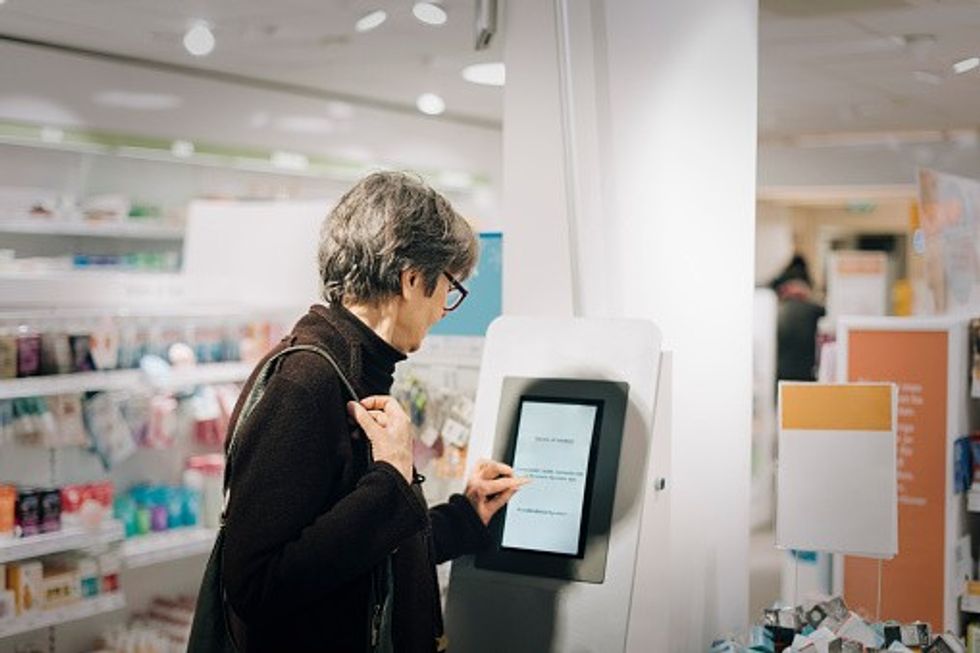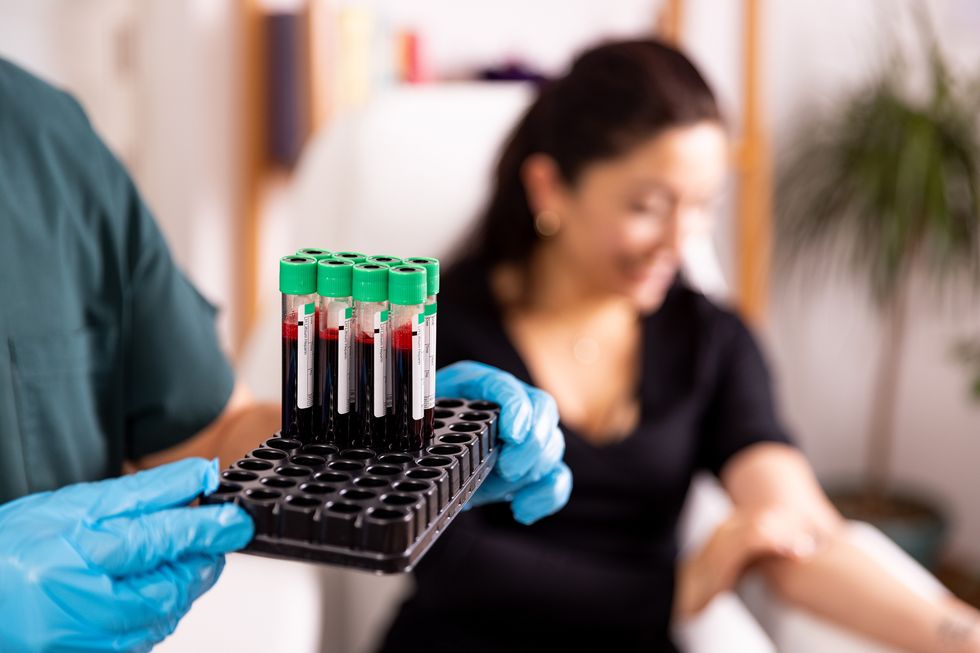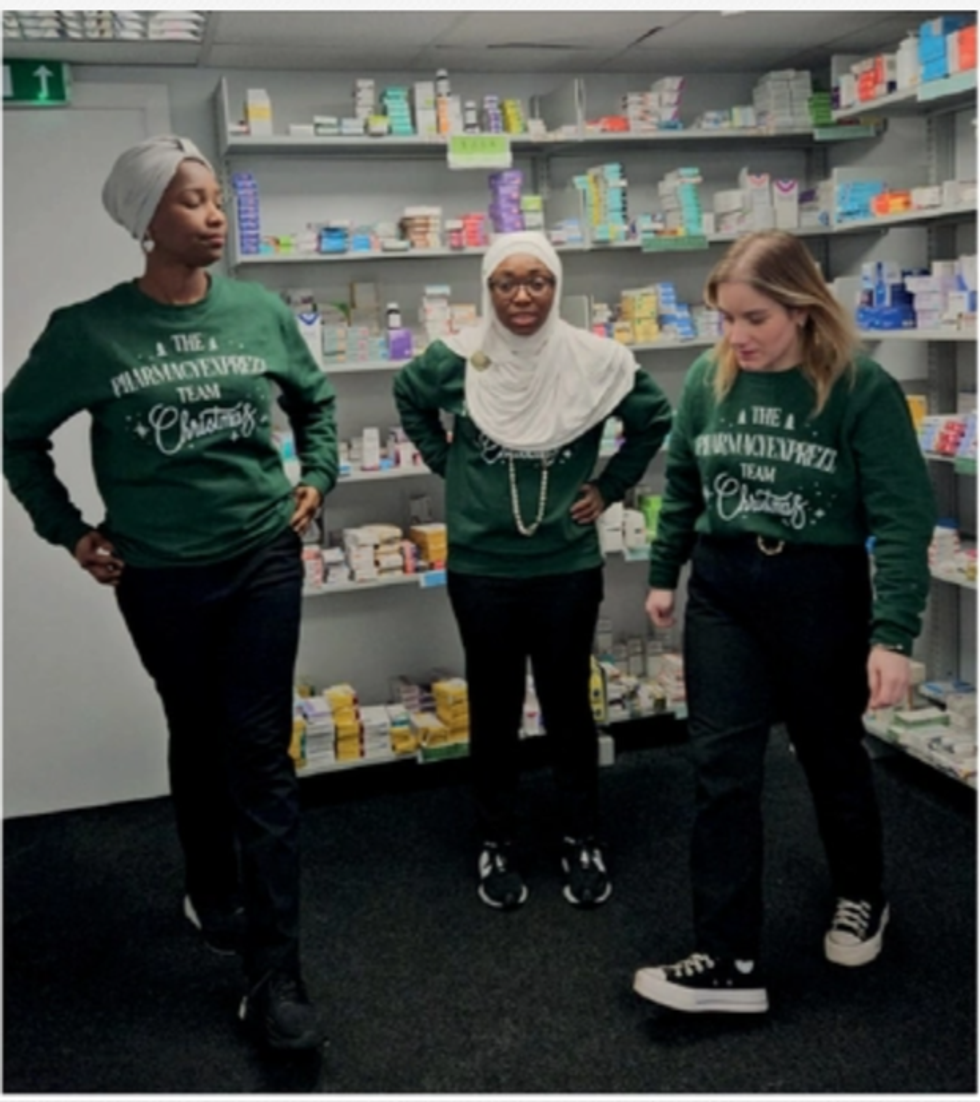With the pharmacy sector always looking at new avenues to expand, prison pharmacies remain an untapped market
Kaniksha Aggarwal is on a mission to remove any fear or stigma that may be associated with working as a prison pharmacist.
“I am so passionate changing people’s perception about working in prisons because continuity of care is a really important thing for people in prison,” Aggarwal told Pharmacy Business.
On the back of recently completing the Chief Pharmaceutical Officer's Fellowship Scheme - the first prison pharmacist to do so, Aggarwal founded the Prison Pharmacy Connect in June to raise awareness about prison pharmacy professionals.
By sharing her own experiences of working in this environment, Aggarwal wants to lead in the campaign to make prisons a viable career path for pharmacy professionals and a voice within the sector.
Aggarwal admits a prison setting has its “unique challenges” but it’s one that she thrives in.
“The resources might be limited, the answer might not always be straightforward, a policy can’t really justify what you're doing sometimes, but that’s what I find more interesting because you have to use your skills and knowledge to meet these challenges and make decisions based on the limited reasons you have,” she said.
Aggarwal adds that an example would be that whilst all prisons will have a pharmacy team, not all of them will dispense medicine which can be challenging when new inmates come in and they need medication.
However, the fulfilment she gets from working in prison far outweighs the challenges. She describes the environment as a cross between community and hospital pharmacy, with a real focus on working as part of a multi-disciplinary team.
“Some prisons have got an inpatient physical health unit and an inpatient mental health unit,” said Aggarwal.
“In those prisons I would go and tend the ward rounds with the doctors - almost like working in a hospital - to ensure that patients received the care they needed in regard to their medicines, their bloods, ECG, etc.
“We would also ensure that we're safely screening the prescriptions that doctors are prescribing. Working with the pharmacy technicians to ensure that the medicines reconciliations are done correctly and that the medicines that we are screening are dispensed correctly.
“We need to ensure that the care we're providing in a prison is the same as what someone will receive on the outside.”
Aggarwal added that working as part of a multi-disciplinary team has helped her develop as a pharmacist.
“I often run meetings for complex cases for people are on polypharmacy or have complex healthcare needs and for this we might need a more multidisciplinary input,” she said.
There is a nursing team on site who carry out things like blood tests and ECGs which are then reviewed by a doctor. Aggarwal carries out annual reviews to ensure the medication an individual is prescribed is accurate in relation to their blood tests and ECGs.
The Chief Pharmaceutical Officer's Fellowship Scheme was a way for Aggarwal to build on her leadership skills.
The fellowship teaches individuals how to work with different stakeholders, face challenging situations, make senior leadership decisions, and how to have an impact on people and organisations.
A number of national bodies such as the UK Health Security Agency (UKHSA), NHS England, Royal Pharmaceutical Society (RPS), and the Care Quality Commission (CQC) help facilitate the programme.
Aggarwal chose to work with the CQC as it would give her the chance to “understand the health and social care landscape”.
Her one year on the fellowship gave her the confidence to launch Prison Pharmacy Connect.
“Whilst working in prisons, I realised that there's not actually a network that connects prison pharmacy professionals and not only that, people themselves don't talk about it,” she said.
“I felt that I actually want to educate people about what it's like to work in a prison. It's very much about sharing my passion with other people, trying to get other pharmacy professionals, including emerging pharmacy professionals, to look at other career opportunities besides the usual things that are out there.
“Everyone's looking for a portfolio career these days, particularly the newer generation, but not many people know about prison pharmacy even though it’s a great opportunity.”
Aggarwal added: “I'm also very interested to hear about people who have lived experiences of being in prison. It’s important to know about the services that we are providing as pharmacy professionals because if we don’t speak to the people we are caring for then how are we going to know how to improve our services.”
Plans for developing Prison Pharmacy Connect are in the early stages but Aggarwal has already spoken to number of NHS Trusts on how she can work with them to promote prison pharmacy.
She is also keen to meet with universities and talk to students about doing work experience in prison pharmacies – something she did whilst doing her degree in pharmacy at the University of Hertfordshire.
Aggarwal stresses that it’s important that people are honest with themselves when thinking about a career in prison pharmacy.
“Your mindset should be about caring for people – as it would be if you were working as a pharmacist in any other environment,” she said.
“However, if your mindset is that this person has committed a crime, how can I provide care to them? Then you really need to think about if that’s the healthcare (prison pharmacy) profession you should be working in.
“We aren't made privy to the crimes that people have committed, although we may have access to the systems with this information, we don't have that written in the healthcare system and we don't look for those things, and the reason for that is to reduce stigma so it doesn't influence the decisions we make when providing care.”
By Sarwar Alam
















 A woman using kiosk at pharmacy store gettyimages
A woman using kiosk at pharmacy store gettyimages  Pharmacist examining commissioning machine in pharmacy gettyimages
Pharmacist examining commissioning machine in pharmacy gettyimages 

 Pharmacyexprezz offers blood tests, travel vaccinations, earwax removal, cryotherapy and more.
Pharmacyexprezz offers blood tests, travel vaccinations, earwax removal, cryotherapy and more. The team at Pharmacyexprezz continues to grow
The team at Pharmacyexprezz continues to grow